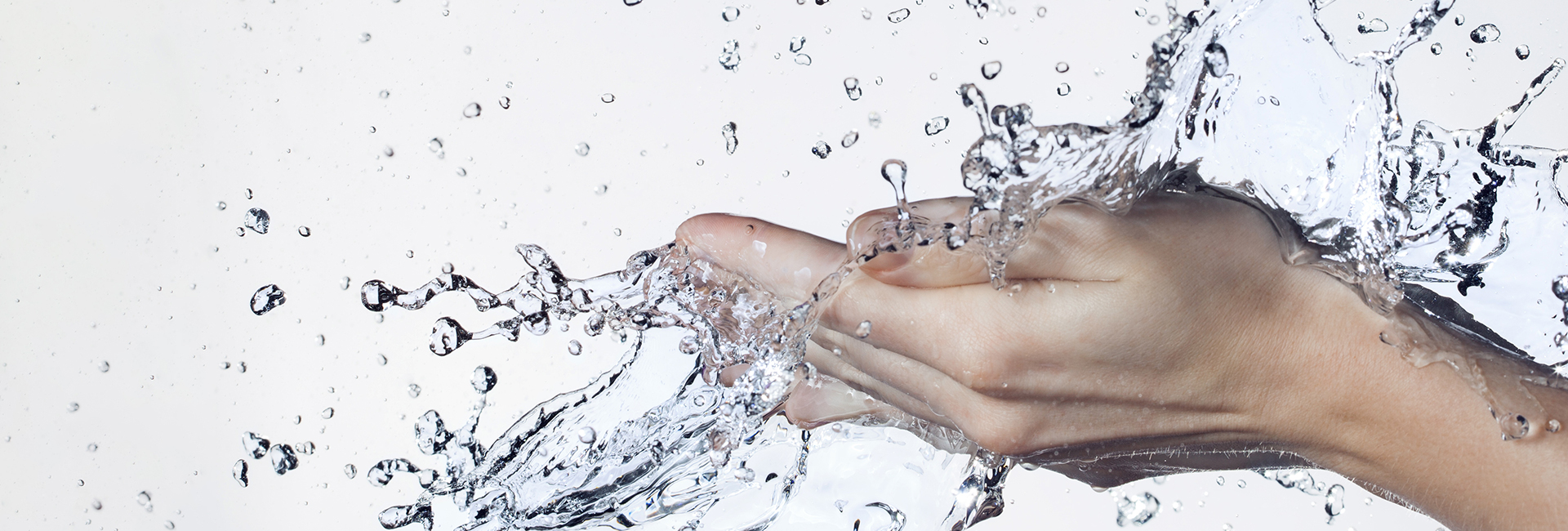
Our BLog
V & C Water SolutionsAn Authorized Hague Quality Water Dealer
Is Reverse Osmosis Water Good for Your Health? Here's What Science Says

Reverse osmosis water has become increasingly popular recently, but is it good for you? This article will explore the science behind reverse osmosis water and its potential health benefits and drawbacks, so you can decide whether it's right for you.
Reverse osmosis water is purified water undergoing a filtration process to remove impurities and contaminants. This process involves forcing water through a semi-permeable membrane that only allows water molecules to pass through while blocking larger molecules like minerals, chemicals, and bacteria. The result is water free from many of the impurities in tap water, such as chlorine, fluoride, and heavy metals.
Reverse osmosis water has several benefits for your health. Firstly, it is free from many impurities in tap water, which can adversely affect your health over time. For example, chlorine and fluoride have been linked to thyroid problems, while heavy metals like lead and mercury can cause neurological damage. Additionally, reverse osmosis water is often more alkaline than tap water, which can help balance your body's pH levels and improve digestion. Finally, reverse osmosis water is free from contaminants, so it can be an excellent choice for people looking to improve their health and exercising regularly, with weakened immune systems, or recovering from illness.
Sources backing the Reverse Osmosis method include the FDA, EPA, CDC, and countless independent health and medical sources. Since its invention in 1959 by Sidney Loeb and Srinivasa Sourirajan at UCLA, Reverse Osmosis has steadily risen. It has increased as the prevalence of home water filtration has grown and as a percentage of that group. Home water filtration has grown to almost 80% of households, and a more significant portion use Reverse Osmosis systems than ever before. As of today, Reverse Osmosis is the most effective and scientifically backed filtration method we have so far.
While reverse osmosis water can have many health benefits, ensuring you get the best quality water possible is crucial. This means investing in a high-quality reverse osmosis regularly maintained and serviced system. Additionally, it's essential to test your water regularly to ensure that it is free from contaminants and that the pH levels are balanced. Finally, store your reverse osmosis water in a clean, airtight container to prevent contamination and keep it fresh. For help getting your water tested, regular maintenance, and purchasing a high-quality reverse osmosis home system, contact Hague Quality Water of the Inland Empire for more information and a free water test of your current system. Click the free estimate button below to request online, or call (951) 405-4487.


